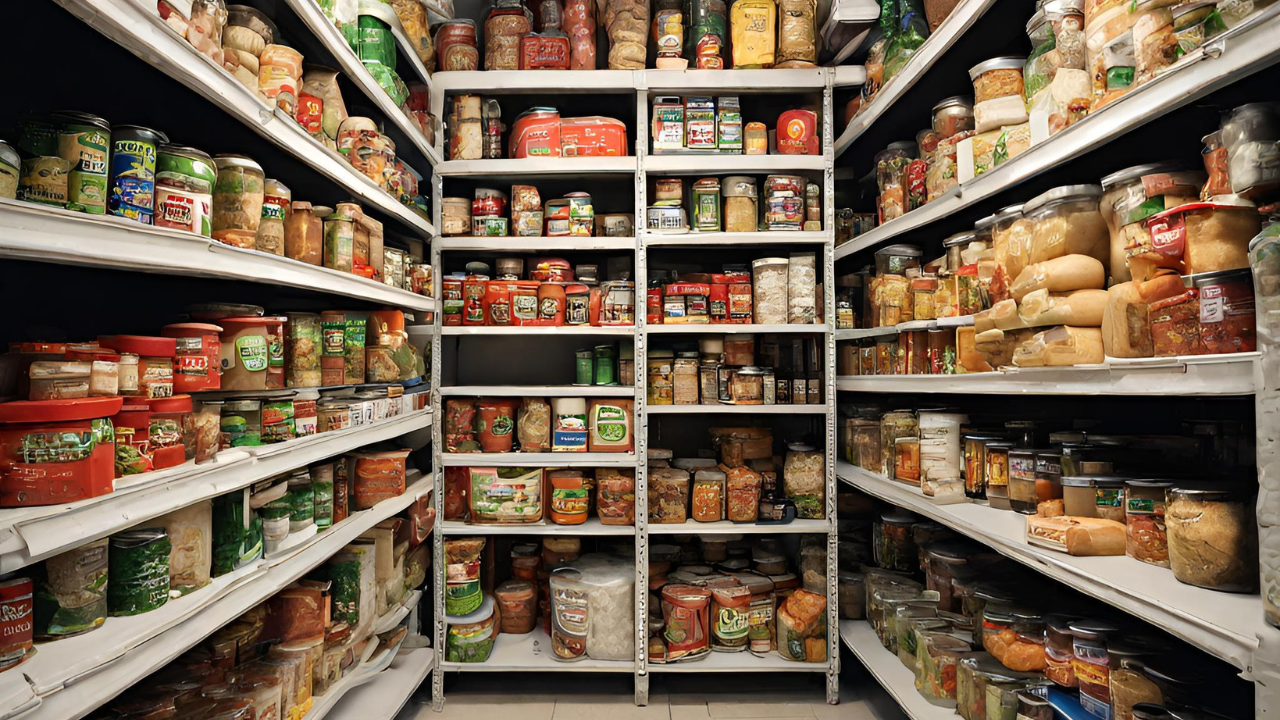Turkish firms' stockpiling backfires as economic realities hit hard
Turkish firms' stockpiling backfires as economic realities hit hard
August 17, 2024 12:28 PM GMT+03:00
As Türkiye navigates through a complex economic landscape, businesses that once stockpiled goods in anticipation of rising prices are now struggling to sell these items.
This unforeseen twist has led to a cascade of hidden discounts and financial distress across multiple sectors.
Economic climate in Türkiye
Türkiye's efforts to control inflation are yielding mixed results, with key economic indicators reflecting both positive and negative trends.
- Interest rates: Interest rates on deposits have soared to 50%, drawing increased interest in Turkish bonds.
- Current stability: The exchange rate has remained stable at around ₺33 to the dollar, driven by factors like rising foreign exchange inflows and the unwinding of currency-protected deposits.
- Silver lining: Many sectors are witnessing price drops, albeit discreetly. Despite the stability of list prices, businesses are quietly offering significant discounts to move inventory.
Turkish businesses' bankruptcy nightmare
- Industrialists and tradespeople, unable to access to finance, are liquidating their stockpiles. This desperate move is a response to mounting costs and the inability to secure funds, exacerbated by soaring interest rates.
- Many wholesalers, facing potential bankruptcy, are slashing prices behind the scenes to stay afloat. For instance, goods that once sold for ₺100 are now offered at ₺75-80, but with few buyers because of a liquidity crunch in the market.
What do experts say about it?
- Sezgin Sener, CEO of the marketplace platform ToptanTR, describes the situation: "We are the first to sense price changes, selling everything from tea to stationery. However, with no cash flow, even drastic discounts aren’t enough to spur sales. Companies are forced to offload products at a loss just to stay liquid."
- He noted a paradox where companies are still raising official prices while offering substantial secret discounts.
Stockpiling backlash for Turkish firms
- Companies had set prices based on anticipated increases in the exchange rate, even before these hikes occurred. With the lira remaining stable and utility costs rising—electricity saw a 38% hike – companies are now facing losses.
- The chain of price increases has, for the first time in two years, broken, leading to the downfall of several major wholesalers, particularly in cities like Bursa, Istanbul, Izmir, and Antep.
- Even real estate is affected, with properties quietly being sold below market value to trusted contacts to avoid public exposure.
Businesses and firms alike must make sacrifices. The government should spread out its price hikes, like the 38% increase in energy costs, to ease the burden on the industry. Exporters are also struggling with the low exchange rate, and this will only intensify by the year’s end
Sezgin Sener
August 17, 2024 12:28 PM GMT+03:00
